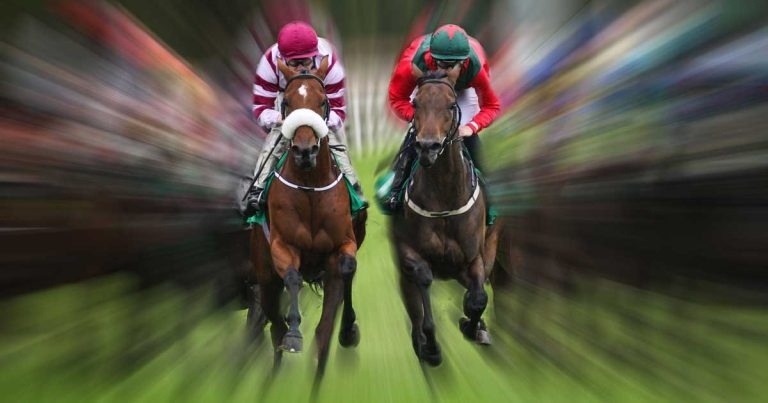6 Mar 2025
Groups including BEVA support analysis a “solid foundation” exists for equine sport disciplines, but issue is back in focus.

Image: © Gabriel Cassan / AdobeStock
Animal sport administrators should work with vets and welfare groups to help maintain and enhance public confidence, according to a major study of equine disciplines.
Analysis supported by a range of equestrian groups, including BEVA, has claimed a “solid foundation” for enhancing their social licence, amid strong support for improved safety measures.
But with the issue back in focus amid the prospect of a ban on greyhound racing in Wales, the report argued clinical and welfare input can “significantly enhance” sports’ public engagement.
It said: “These groups are often more trusted than the industry itself, making them valuable allies in communicating welfare practices and addressing public concerns.
“They also serve as strong independent voices in the welfare space, providing support for changes in practice.
“By leveraging their credibility, the industry can enhance public understanding and trust in its welfare practices, building a more positive relationship with the community.”
Sporting issues are expected to be on the agenda at this week’s National Equine Forum in London, just days before one of the UK’s most high-profile equine sports events – racing’s Cheltenham Festival – gets underway.
More than 5,000 people took part in the latest survey, which was conducted by engagement science research firm Voconiq and funded by the Racing Foundation.
The project was also supported by BEVA, World Horse Welfare and the British Horse Society as well as sporting bodies for horse racing, polo and the Olympic disciplines of dressage, eventing and showjumping.
The report argued there was currently “moderate” trust and acceptance of equine sports in the UK, which provided “a solid foundation upon which the industry can build to improve its social licence to operate”.
It also suggested the public was more inclined to tolerate disciplines that are regarded as being transparent about the occurrence of injuries or fatalities in training and competition.
However, nearly seven in 10 respondents (69%) supported the idea that equine sports should prioritise horse safety in competitions, even if that meant some of their traditional difficulty is lost as a result. The latter point has proved contentious in some quarters, particularly over changes to major events such as the Grand National.
But welfare groups that have campaigned for a ban on greyhound racing, as recently proposed by the Welsh Government, have argued there is greater engagement on the issue within equine disciplines.
World Horse Welfare chief executive Roly Owers said it was “especially encouraging” that sporting stakeholders across disciplines were willing to collaborate on the issue.
He added: “With society changing around us it is so important that we in the horse world listen to how others see our relationship with horses, so we are delighted that our sector has been so proactive in seeking to understand public views.”